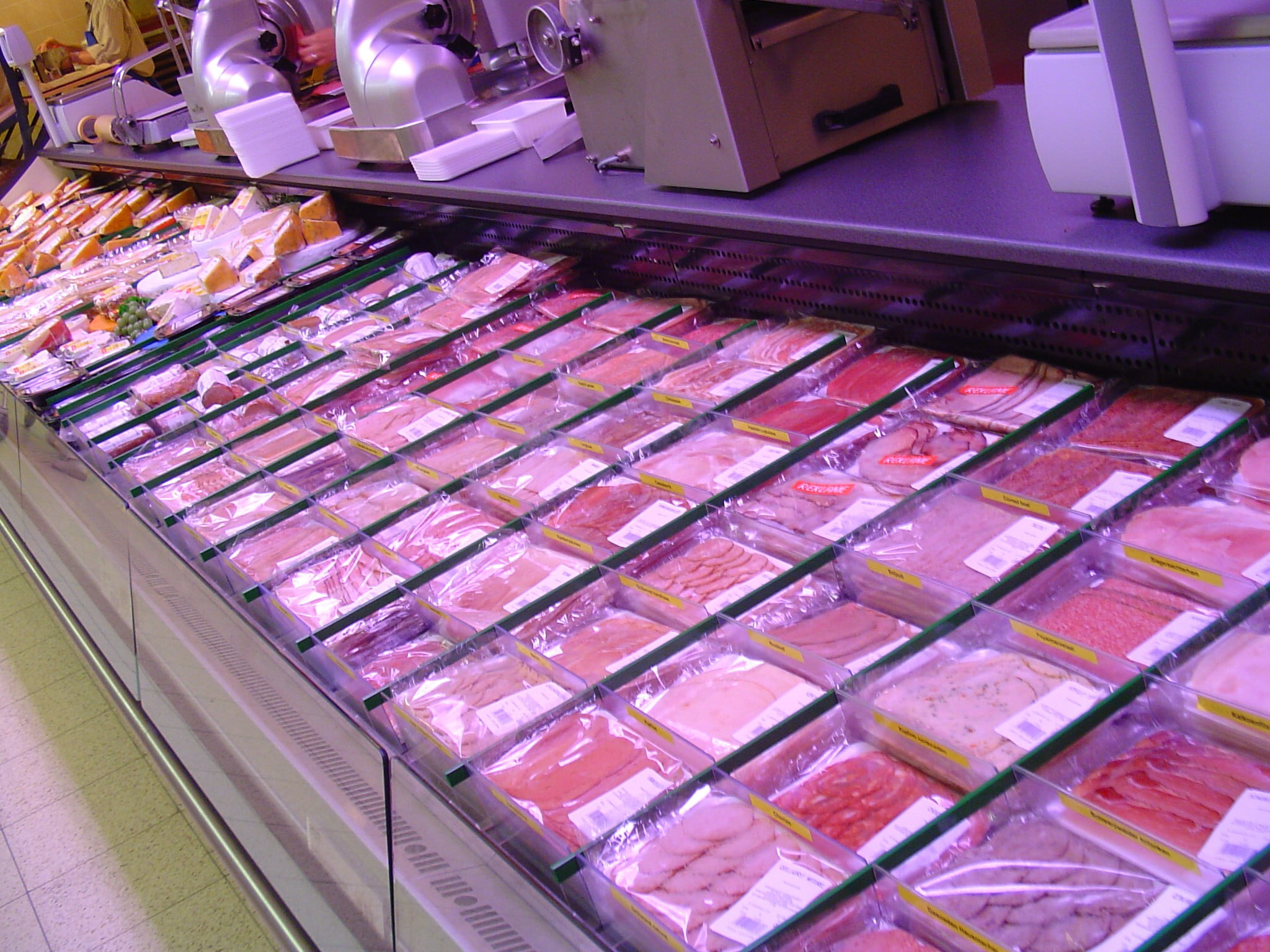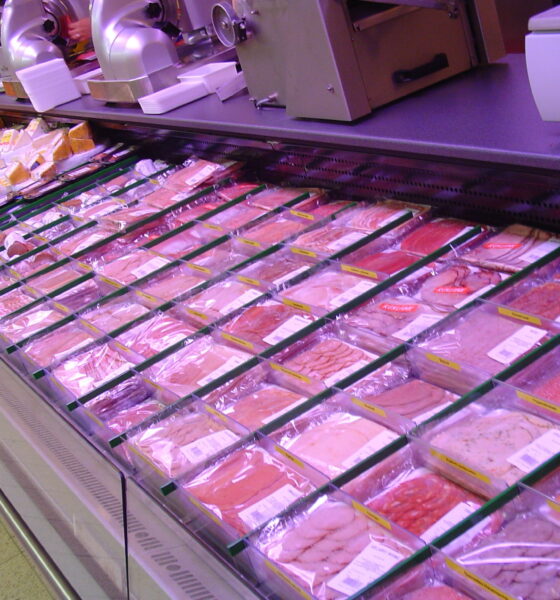

Features
The apology big food brands should be offering
It is a scandal that horsemeat has contaminated beef products across Europe. Indeed, it has completely replaced the beef in some cases.
The responses from some of the businesses involved are, in my opinion, equally scandalous. To play the victim, to “share our customers’ outrage” and indicate this is purely the work of shadowy criminal organisations adds insult to injury.
All the big food brands and supermarkets have been promising us quality and have encouraged us to trust them for years. We have been misled.
I am not an expert on food business and so rely on those that are. Jay Rayner points out that it is not an isolated incident. He suggests food scandals are “a fact of life of our increasingly deformed retail food market”. He argues that supermarkets have not cared about the bad deals they force upon farmers or their long-term effects.
Joanna Blythman argues that big food has downplayed the risks, argued for self-regulation, claimed high standards of quality control and taken its profits. The horsemeat scandal has merely provided a snapshot of just how under-policed and liable to fraud and adulteration manufactured ready meals and processed meat products really are.
She argues that supervision and oversight based on voluntary agreements means that everyone avoids blame, no one takes responsibility and public trust evaporates.
Another leading commentator, Will Hutton, described the scandal as symptomatic of a failing system and wrong-headed political ideology. That modern international food businesses, often owned by footloose ‘tourist shareholders’, have the sole purpose of profit maximisation. The horsemeat scandal highlights how “consumers and suppliers alike become no more than anonymised numbers to be exploited to hit the next quarter’s profit target”.
Ongoing revelations suggest the scope and scale of this scandal is not yet clear. In the midst of it, I came by a full page ad from a leading UK supermarket in one of the papers I read over the weekend. The following is, to my mind, what this open letter should have said:
Our responsibility and promise
Sorry. We own up. We told you we would do whatever it takes to ensure the quality of our products.
However, we have been selling you horsemeat as beef. Pork has been found in food sold as halal.
We have no idea how much of this stuff you have bought from us and eaten.
While meat from the wrong animal may not pose any health risk to humans in itself, if criminal gangs are operating in our supply chains, it is quite conceivable they are using other mystery ingredients that are unsafe for human consumption. We admit that.
We are reappraising a strategy to support high-quality local suppliers rather than one relying on mysterious but cheaper sources from overseas. We acknowledge short-termism has damaged farming and food production in the UK and overseas with pernicious effects.
Clearly, the testing of the products we sell is not adequately robust and objective. We acknowledge our quality control needs immediate and wholesale upgrade and that appropriately resourced, wholly independent government agencies working in the public interest are entirely necessary.
We confess that we have obstructed legislation to improve food quality, such as food labelling. We will stop doing so and deliver the food labelling academics, campaigners and other experts suggest would work better. Without delay.
We understand this scandal is not a case of simply performing below your expectations. We want to be frank: we have abused your trust.
While this letter has not been easy to write, we know we cannot start to rebuild your trust without drawing a line and proving to you that, from now on, we will be open and honest about everything. It is the only way.
We have a responsibility to take the lead on these issues.
It’s what you expect of us, and it’s what we demand of ourselves.
Michael Solomon is director of Profit Through Ethics.
Further reading:
Government scapegoating retail for horsemeat scandal is pathetic
Defra: horsemeat in lasagne ‘cannot be tolerated’
Taking steps towards a new ethical age of business
Merging the great business dilemma: profit v sustainability, responsibility and ethics


 Features11 months ago
Features11 months agoEco-Friendly Cryptocurrencies: Sustainable Investment Choices

 Energy11 months ago
Energy11 months agoThe Growing Role of Solar Panels in Ireland’s Energy Future

 Energy10 months ago
Energy10 months agoGrowth of Solar Power in Dublin: A Sustainable Revolution

 Energy10 months ago
Energy10 months agoRenewable Energy Adoption Can Combat Climate Change




























